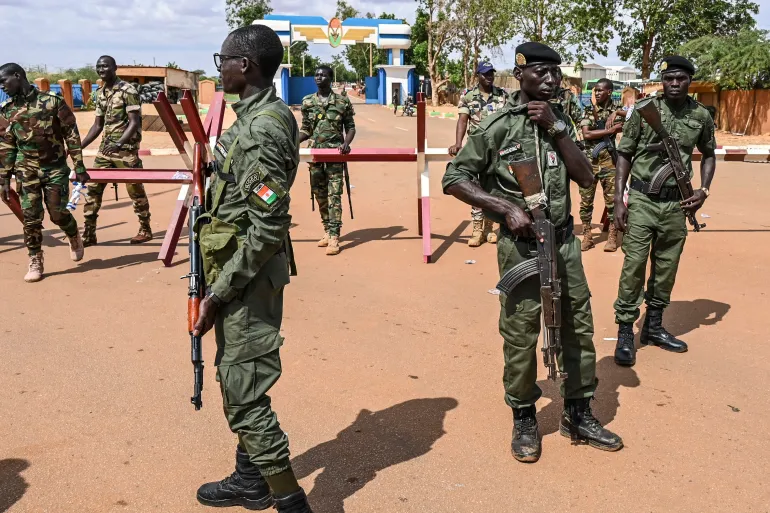
August 9 holds a profound place in Africa’s collective memory, marked by moments of mourning, tragedy, and historical significance across the continent.
From solemn religious farewells in Senegal to devastating violence in Niger, the date encapsulates a complex tapestry of African history.
In Senegal, August 9, 2021, was a day of deep loss as the country bid farewell to two revered religious leaders.
Serigne Abdoulaye Thiaw Laye, the 96-year-old general caliph of the Layènes, passed away, alongside Serigne Abdourahim Seck, the caliph of Thiénaba, who died in Morocco.
Their departures marked the end of an era for many Senegalese, who hold these spiritual figures in high regard.
Senegal’s history on this date also recalls the death of Landing Diamé, a former traditional wrestling champion, in Thiès on August 9, 2013, adding to the day’s somber reflections.
Meanwhile, in Niger, August 9, 2020, is remembered for a brutal attack in the Kouré reserve that claimed eight lives, including six French humanitarian workers from the NGO ACTED.
The assault, attributed to terrorist groups, underscored the persistent security challenges facing the Sahel region.
The date’s resonance stretches back further: on August 9, 1976, Rhodesian forces launched a deadly raid on the Nyadzonya camp in Mozambique, reportedly killing over a thousand people, a grim episode of regional conflict.
August 9, 1942, saw Saint-Louis, Senegal, host the French Legion of Combatants’ grand event under the Vichy regime, while in 1877, explorer Henry Morton Stanley reached Boma at the Congo River’s mouth after a nearly three-year trek across central Africa.
Recognizing its significance, the United Nations has designated August 9 as the International Day of the World’s Indigenous Peoples, highlighting communities such as the Pygmy, San, and Tuareg peoples whose histories and cultures remain integral to Africa’s diverse fabric.
This date thus serves as a poignant reminder of Africa’s rich history, its struggles, and its enduring spirit.



